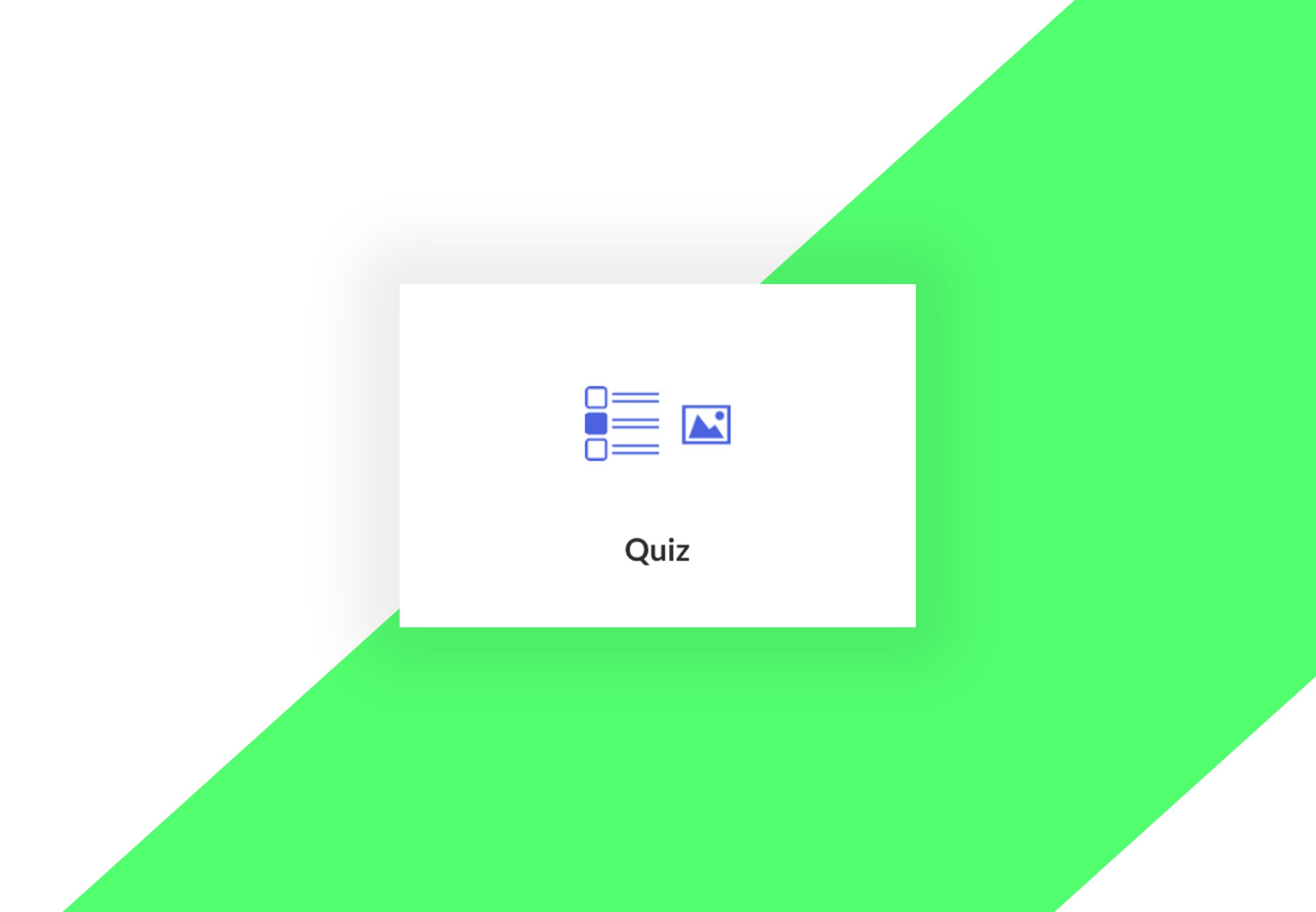Online learning has revolutionized the education sector, offering flexibility and convenience to learners worldwide. However, ensuring that learners retain and apply the knowledge they acquire is a challenge. One effective method to encourage learners to revisit and reinforce past sections of an online course is through quizzes.
Understanding the Purpose of Quizzes
Quizzes are not just assessment tools; they are learning tools.
Quizzes help learners to recall information, apply concepts, and reinforce learning. Quizzes also provide immediate feedback, allowing learners to identify their strengths and areas for improvement.
They are often mistakenly viewed as just assessment tools that measure a student’s understanding of a subject. However, they are much more than just that. Quizzes are powerful learning tools that can promote knowledge retention and active learning.
When students take a quiz, they are forced to recall information, which strengthens their memory of the material. This process of active recall makes the information more likely to be remembered in the future. Quizzes provide immediate feedback, allowing students to identify and correct their misunderstandings right away. And this feedback loop is a crucial part of the learning process.
Assessing students is not inherently a bad idea. It’s a way to gauge understanding and progress. However, if assessment is used solely as a means to grade or rank students, it can become detrimental. It can lead to stress, anxiety, and a focus on grades (and here the outcome of the course) rather than learning. It demotivates the user to complete the online course.
Instead, assessment should be used as a tool to guide learning. It should identify gaps in understanding and provide feedback to help students improve. In this way, quizzes can be used not just to assess what students know, but also to help them learn more effectively.
Here are some basics on creating engaging quizzes that promote better learning and repetition.
Creating Effective Quizzes
Align with Learning Objectives: Each quiz should align with the learning objectives of the course section it covers. This ensures that the quiz tests relevant knowledge and skills.
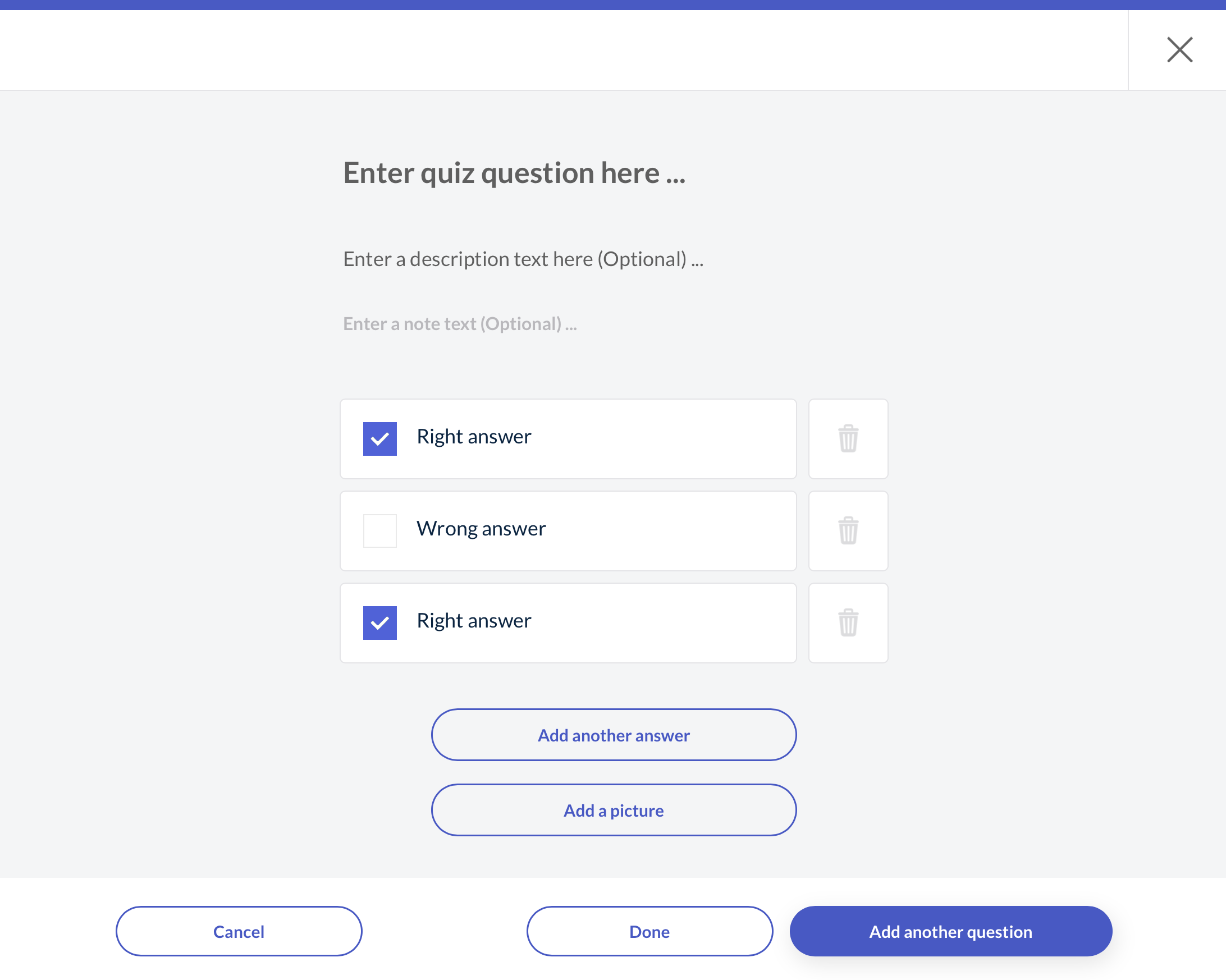
Variety of Question Types: Use a mix of multiple-choice, true/false, fill-in-the-blank, and short answer questions. This variety keeps learners engaged and tests different levels of understanding.
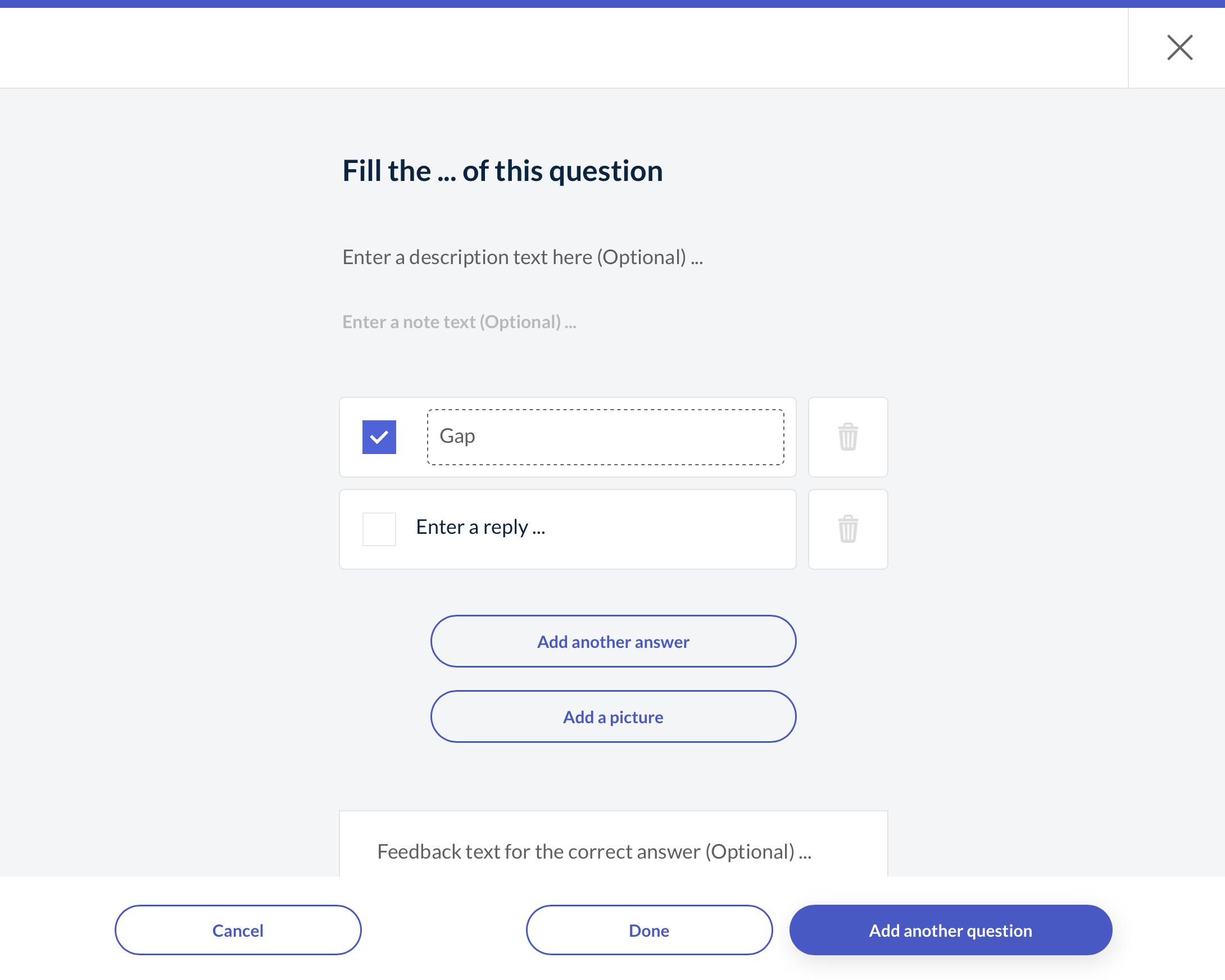
Clear and Concise Questions: Questions should be straightforward and concise. Avoid using complex language or tricky wording that could confuse learners.
Immediate Feedback: Provide immediate feedback after each question or at the end of the quiz. This helps learners understand their mistakes and reinforces correct information.
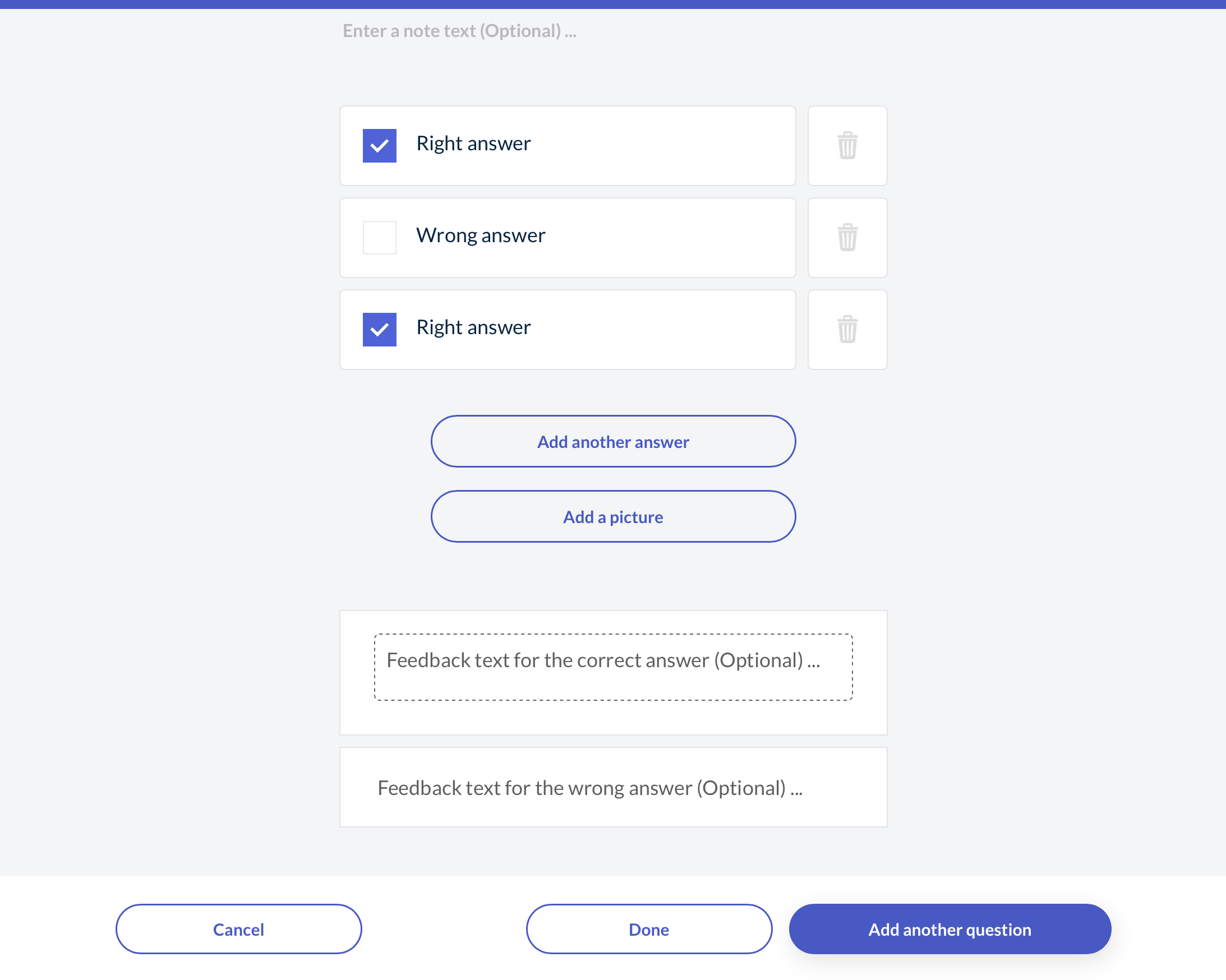
Use of Multimedia: Incorporate images, videos, or interactive elements to make the quiz more engaging and enjoyable.
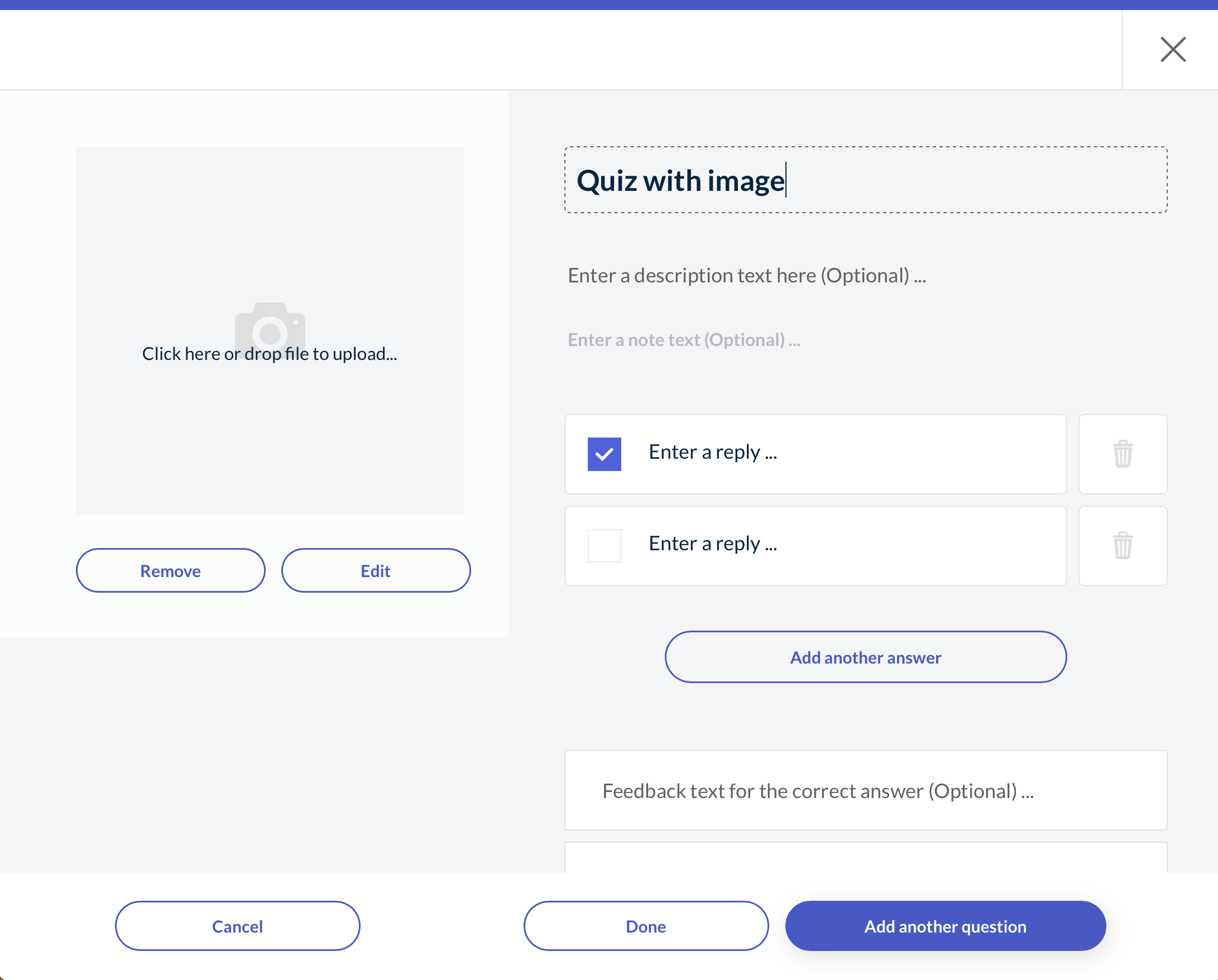
Spaced Repetition: Instead of one comprehensive quiz at the end of a section, consider smaller quizzes throughout. This technique, known as spaced repetition, helps improve long-term retention.
Quizzes are a powerful tool in online learning, serving both as a measure of understanding and a means to reinforce learning. By creating engaging, varied, and adaptive quizzes, educators can encourage learners to revisit past sections of a course, enhancing their learning experience and knowledge retention.

